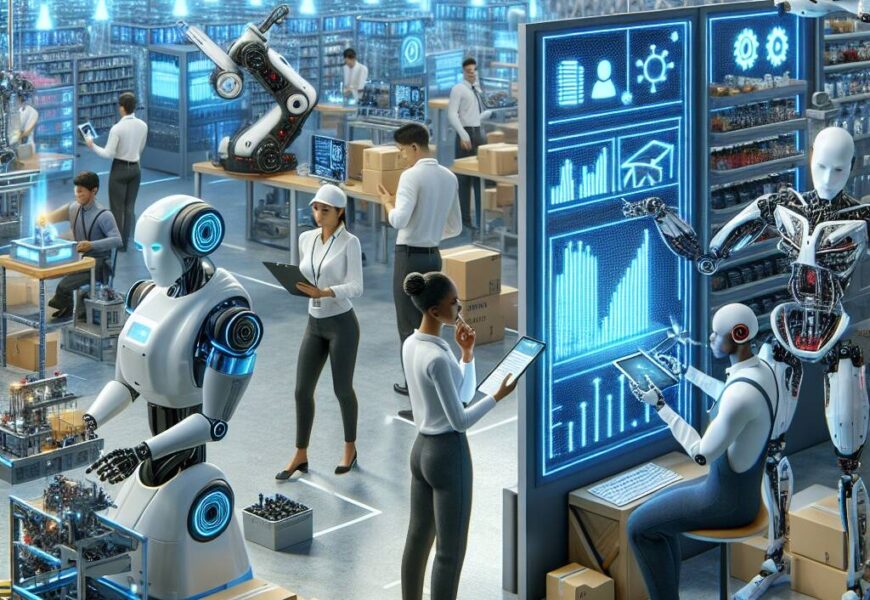A recent survey of senior business executives indicates that 41 percent anticipate a reduction in their workforce over the next five years as a direct result of the integration of AI technologies.
Disregarding the concerns regarding the speculative nature of generative AI and the reluctance of vendors to assume accountability for AI outcomes in the workplace, the study, which involved executives from 2,000 large corporations globally, has unveiled a growing inclination towards downsizing through investments in this relatively unproven technology.
Conducted by the Adecco Group, a staffing provider and recruitment agency, the research highlights a prevailing “buy mindset” towards AI, potentially intensifying the scarcity of skills and fostering a workforce with varying levels of technological proficiency.
The report emphasizes that only half of these leaders intend to redeploy employees affected by AI, stressing the urgent need for organizations to reevaluate their strategies and prioritize the development of pertinent skills internally to ensure the continued employability of their workforce.
The data reveals that the percentage of executives expecting a decrease in staff size in five years due to AI is highest in Germany and France, at 49 percent, and lowest in Singapore, at 32 percent, with the United States standing at 36 percent.
While 57 percent of respondents remain optimistic about the enduring influence of human skills over AI in the workplace, the report acknowledges the 43 percent who hold a different perspective.
On a positive note, the report highlights that 78 percent of respondents believe that Generation AI will significantly contribute to offering opportunities for upskilling and professional development.
Despite uncertainties surrounding the actual impact of AI on job reduction, the study underscores the prevalent expectations within a segment of the business community. It suggests that IT professionals in certain organizations may witness these anticipations materialize into tangible projects, irrespective of AI’s potential to supplant human labor.
Rosanne Kincaid-Smith, the group chief operating officer at Northern Data Group, a cloud services company, foresees AI reshaping the workforce while concurrently presenting new prospects. She asserts that the commercial interest in AI, driven partly by its capacity to streamline operations and reduce workforce size, will ultimately lead to a positive transformation. Kincaid-Smith advocates for a reassessment of career trajectories and a substantial investment in nurturing the upcoming workforce, emphasizing roles such as robotic engineers, data governors, and drug discovery analysts that heavily rely on AI technologies.
In pondering the longevity of these emerging careers, it’s worth noting that even today, coders proficient in Cobol, a 65-year-old programming language, continue to find gainful employment.










